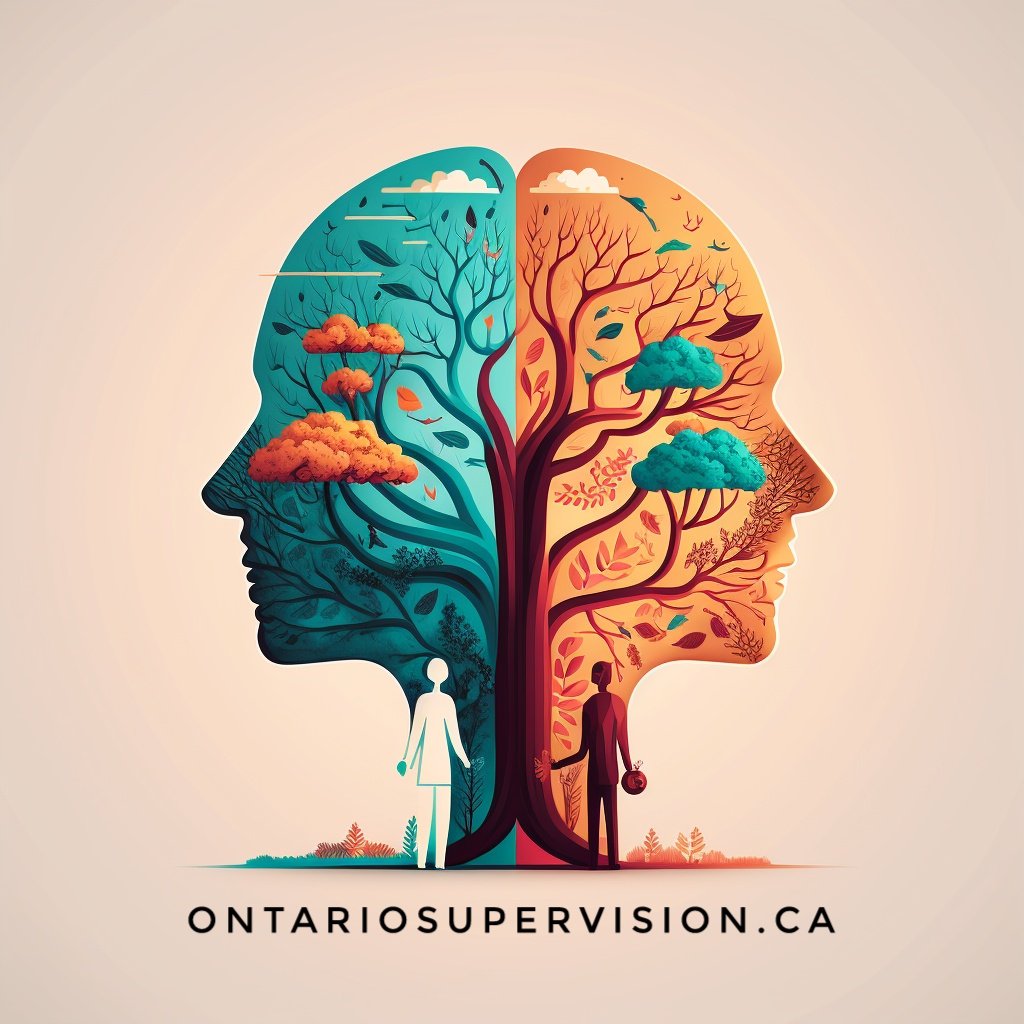Blending ACT and IFS: A Compassionate Framework for Therapists in 2025
Discover how blending Acceptance and Commitment Therapy (ACT) with Internal Family Systems (IFS) can revolutionize clinical supervision and empower therapists in fostering client growth.
Clinical Supervision Focused on Children, Teens, and Families: Meet Allison Goldfield
Allison offers expert clinical supervision for psychotherapists working with children, teens, and families. Perfect for CRPO registration and professional growth
Psychotherapy Supervision: The History, Importance and Benefits
Psychotherapy Supervision: The History, Importance, and Benefits
Psychotherapy is a field that deals with a range of mental health issues, and the primary objective is to help individuals live a more fulfilling life. Psychotherapy is based on the principle that individuals can benefit from the guidance of trained professionals, who help them cope with their emotional and psychological issues. Psychotherapy supervision is a crucial component of psychotherapy, and it has been used for many years to help mental health professionals improve their skills, avoid ethical issues, and provide high-quality care.
The Business End of Therapy and Clinical Supervision
We hear it time and time again. ‘In all of the years I studied to be a therapist, why did no one ever mention basic business skills?’
If you peruse the offerings at any masters level therapy program you will see countless mentions of trauma-informed, CBT, DBT, solution-focused, etc. but you will never hear the words budget, payroll or marketing. So, why is that?
It seems that therapist training continues the way it always has been, because that’s how it has always been. There is no rhyme or reason why basic business skills are not taught to masters level clinicians, but here we are. By the time you graduate you are likely able to help people sort through their problems, can identify maladaptive coping skills and can assess which clients will benefit from what treatment. But filing your first year of taxes after opening your small business? Good luck with that!
Therapeutic Silence in Clinical Supervision
As a profession, we tend to want to fill up the silence as fast as possible. After all, we are not immune to feelings of awkwardness or that uncomfortable sensation when a pause becomes more than just a pause. But leaning into the silence can actually be a very powerful instrument.
A Fictional Day at the Office of a Clinical Supervisor
“Well it’s about this client, Todd, that I’ve been working with for the past two months. When he first started seeing me he was so eager to change and would welcome any possible suggestion I might have. But now, I have to drag the words out of him. It’s like he’s lost in some sort of fog and I can’t get him out.”
Why Does Clinical Supervision Give Me Anxiety?
In fact, anxiety is the most recognized emotion for both supervisors and supervisees (Kuo et al., 2016). One of the many theories for why anxiety is so prevalent in clinical supervision is the many roles that a supervisee might take on a daily basis. They could be a student, a parent, a partner, a therapist and a supervisee all in one day. These dual roles of the student and trainee at the same time can lead to role conflict. The roles of student and the role of therapist are quite different, yet we expect supervisees to effortlessly sway back and forth between the two roles. The two roles are behaviourally-distinctive from one another (Holloway, 1995) so having to switch between the two can be anxiety-provoking.
The Basics of Clinical Supervision in Ontario
The main purpose of the College is to protect members of the public from nefarious actions on the part of the therapists. This can include boundary violations, sexual involvement with clients, practising out of scope as well as conflict of interest issues. Simply put, the harm that a therapist can cause to client can be life-changing and we need laws and practices that protect vulnerable populations.








